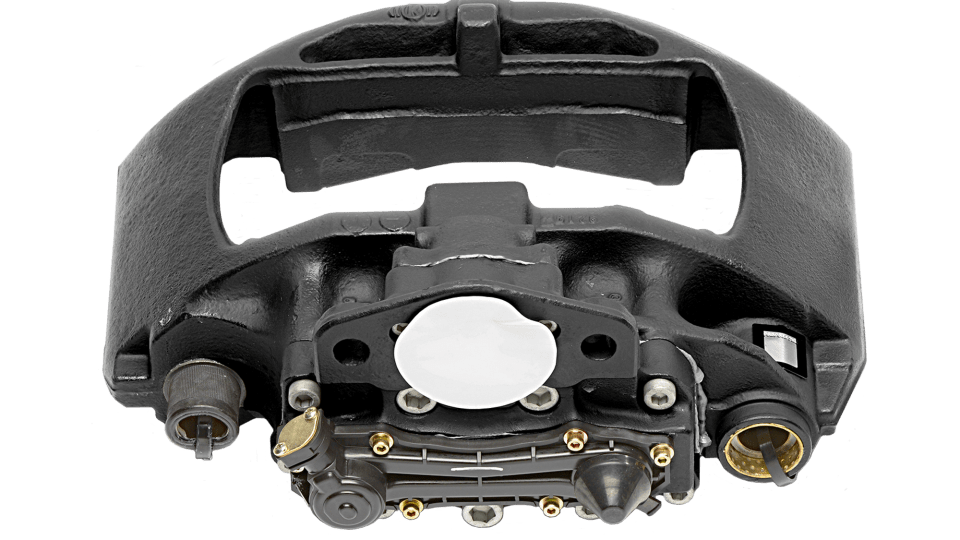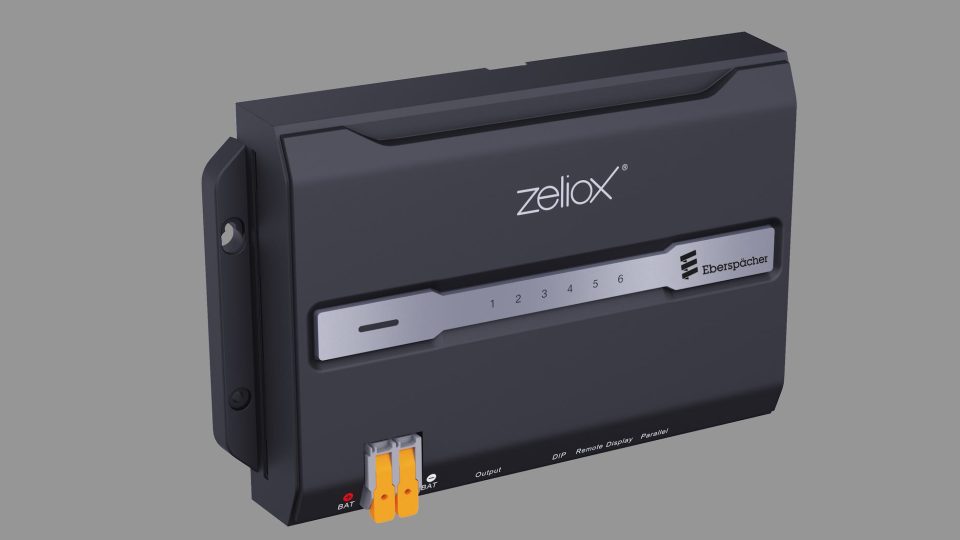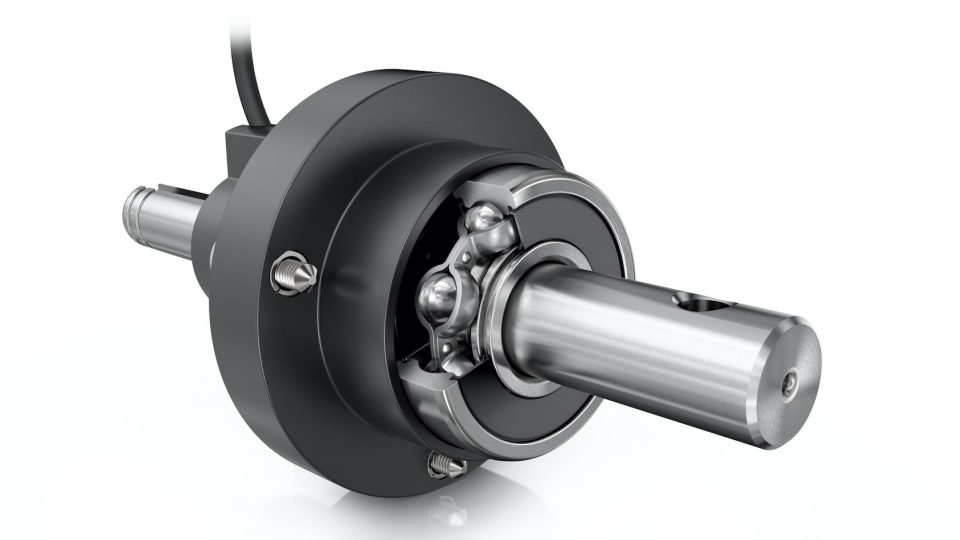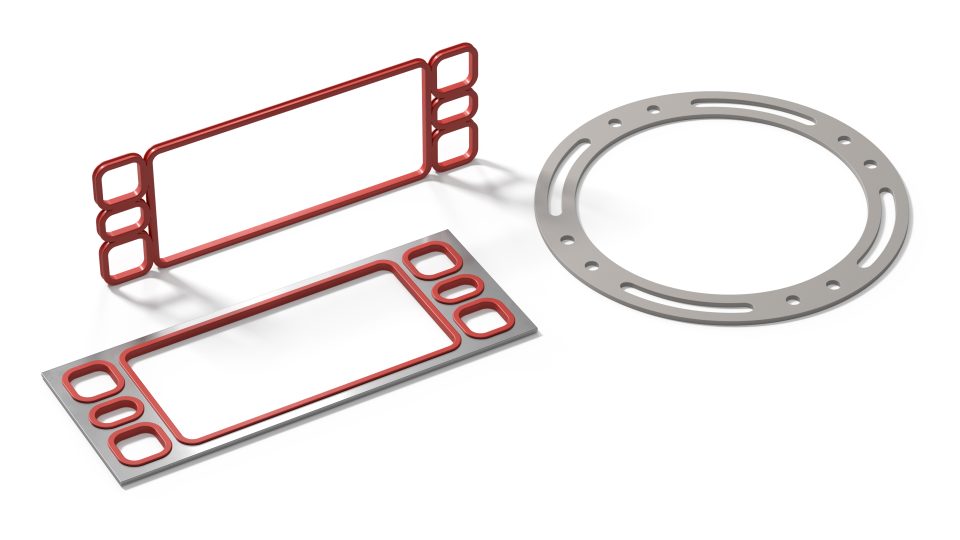Toyota unveils its third-generation fuel cell system
Toyota Motor Corporation announced on February 14 that it has developed a new fuel cell (FC) system, its third-generation fuel cell system (3rd Gen FC System), as part of its continued efforts toward the realization of a hydrogen society.
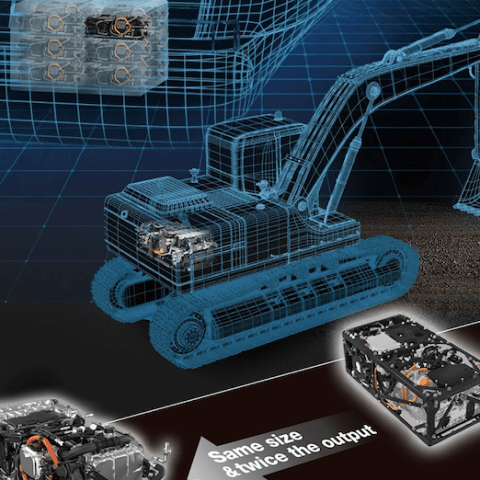
Toyota Motor Corporation announced on February 14 that it has developed a new fuel cell (FC) system, its third-generation fuel cell system (3rd Gen FC System), as part of its continued efforts toward the realization of a hydrogen society.
The all-new 3rd Gen FC System is designed to meet the particular needs of the commercial sector with the same durability as conventional diesel-powered engines. Additionally, the new system features significant improvements in performance, including fuel efficiency and a significant reduction in costs compared to the prior version. In addition to passenger vehicles, the 3rd Gen FC System will be expanded for use in heavy-duty commercial vehicles, and is planned for introduction in markets mainly in Japan, Europe, North America, and China after 2026 at the earliest.
The 3rd Gen FC System will be unveiled for the first time on Wednesday, February 19 at the H2 & FC EXPO (International Hydrogen & Fuel Cell Expo) in Tokyo, Japan.
Toyota views hydrogen as an important fuel in pursuit of carbon neutrality and is actively collaborating with partners across various industries.
Overview of 3rd Gen FC System
In 2014, Toyota launched the MIRAI fuel cell electric vehicle (FCEV),and has since sold approximately 28,000 units across more than 30 countries and territories. Additionally, since 2019, Toyota began supplying FC systems for use in other applications, such as buses, railroads, and stationary power generators, supplying more than 2,700 units to more than 100 customers globally.
In Japan, Toyota works with many partners, particularly in Tokyo and Fukushima prefectures, to implement these systems in the commercial sector and help create a hydrogen society. The new 3rd Gen FC System was developed based on customer feedback and insights from proof-of-concepts and demonstration tests over the past several years.
The main features of the 3rd Gen FC System include: improvement in durability, up to two times that of the prior generation; improvement in fuel efficiency; significant cost reduction through innovations in cell design and manufacturing processes.
The 3rd Gen FC System can be installed in a variety of commercial vehicles, passenger cars, and general-purpose applications, such as stationary generators, rail, and ships. For passenger vehicles, the improved fuel efficiency provides greater cruising range for further peace of mind. For heavy-duty commercial vehicles, the new FC system offers a level of durability comparable to diesel engines and high power. In addition, by designing the system to be more compact, it can be more easily integrated into various commercial vehicles.
Read also: Hydrogen, CEVA Logistics will soon test fuel cell truck provided by Toyota




